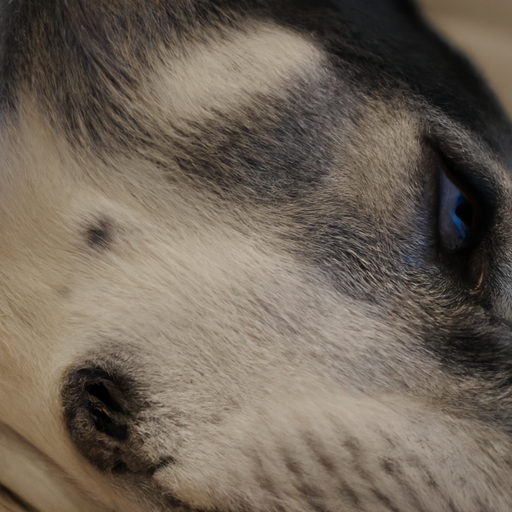Understanding Dog Cancer
Just like in humans, cancer in dogs can manifest in many different forms. It’s important to remember that you’re not only a pet owner, but a caregiver to your furry friend. As such, you’re in a unique position to identify any unusual changes in your dog’s health or behavior.
Remember, cancer in dogs isn’t always visible. Some forms of cancer may affect the internal organs, making it impossible to detect without professional medical help. However, there are certainly signs you can look out for.
1. Visible Tumors or Lumps
One of the most apparent signs of cancer in dogs are visible lumps or tumors. These may appear anywhere on the body, but are often found on the skin or just beneath it.
- They may be round or irregular in shape.
- They could be firm or soft to the touch.
- Their sizes may vary.
- They may grow rapidly or slowly.
- They may or may not be painful when touched.
| Tumor Characteristic | Possible Indication |
|---|---|
| Rapid growth | Aggressive type of cancer |
| Irregular shape | Malignant tumor |
| Painful | Advanced stage of cancer |
2. Changes in Behavior
Another indicator of cancer in dogs can be changes in behavior. This could be anything from lack of energy to changes in eating habits.
- Decreased activity levels
- Loss of interest in favorite activities
- Changes in sleeping patterns
- Unexpected aggression
3. Unexplained Weight Loss
If your dog is losing weight rapidly without any changes in diet or exercise, this could be a sign of cancer. Unexplained weight loss is often associated with cancers of the digestive tract, but it can be a symptom of many other types of cancer as well.
4. Difficulty Breathing
Difficulty breathing or constant coughing can be a sign of lung cancer. However, these symptoms could also be attributed to many other health issues, so it’s crucial to get a professional diagnosis.
5. Wounds that Don’t Heal
If your dog has a wound or sore that doesn’t seem to heal, it could be a sign of cancer. Skin cancers, in particular, can cause wounds that don’t heal.
Frequently Asked Questions
Q: Can dogs get the same types of cancer as humans?
A: Yes, dogs can get many of the same types of cancer as humans.
Q: Are certain dog breeds more prone to cancer?
A: Yes, some breeds have a higher risk of certain types of cancer, but cancer can occur in any breed.
Q: How is cancer in dogs diagnosed?
A: Vets use a combination of physical examinations, blood tests, imaging studies, and biopsies to diagnose cancer in dogs.
Q: Can cancer in dogs be treated?
A: Yes, treatment options include surgery, chemotherapy, radiation, and immunotherapy.
Remember, your vigilance as a caregiver can make a world of difference in your dog’s health. Stay observant, and don’t hesitate to seek veterinary help if you notice any of these signs.



